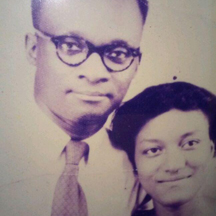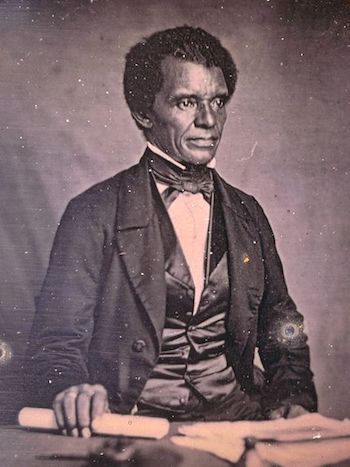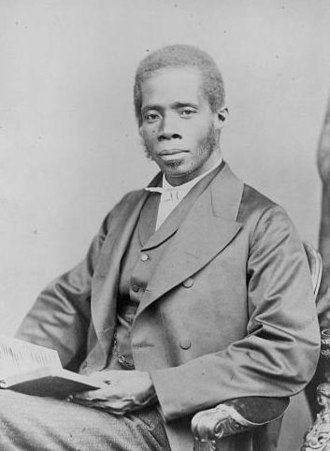BEVERLY PAGE YATES
Born free in Norfolk, Virginia, Yates was eighteen when he left Virginia for Monrovia,
Liberia in 1829. He emigrated under the auspices of the
American Colonization Society. Yates also served as an Associate Justice of the
Supreme Court of Liberia and Judge of the Court of Quarter Sessions and Common Pleas for
Montserrado County,
Liberia.
[1]
He established a powerful family in the settlement. His brother's daughter Sarah Yates married
Edward Wilmot Blyden, considered a father of the pan-Africanist movement. In 1867 Yates helped found the Ancient, Free, and Accepted
Masons in Liberia.
[1]
=====
EDWARD WILMOT BLYDEN
Born in St. Thomas
Blyden was born in St. Thomas, Virgin Islands, of pious parents associated with the integrated Dutch Reformed Church of St. Thomas.
With his parents’ approval and encouragement from Knox, he decided to become a Christian minister. In 1850 he visited the United States and sought matriculation in Rutgers Theological College but was denied admission. Likewise his efforts to enroll at two other theological colleges failed. But while in the United States he came into contact with Presbyterian associated with the colonization movement, under whose auspices he immigrated to Liberia in 1850. In 1851 he enrolled in Alexander High School in Monrovia. He was ordained a Presbyterian minister with the Presbyterian Board of Foreign Missions in 1858. During his lifetime he held a variety of positions in Liberia and Sierra Leone–Secretary of State, ambassador to the court of St. James, Envoy Extraordinary to London and Paris. In 1887 his major work,
Christianity, Islam, and the Negro Race–was published. He also wrote many other books, pamphlets, and articles in which he sought to advocate the Negro race. The roots of the philosophy of
négritude, Pan-Africanism, African nationalism, and African Christian theology can be traced to Blyden’s idea of African personality





